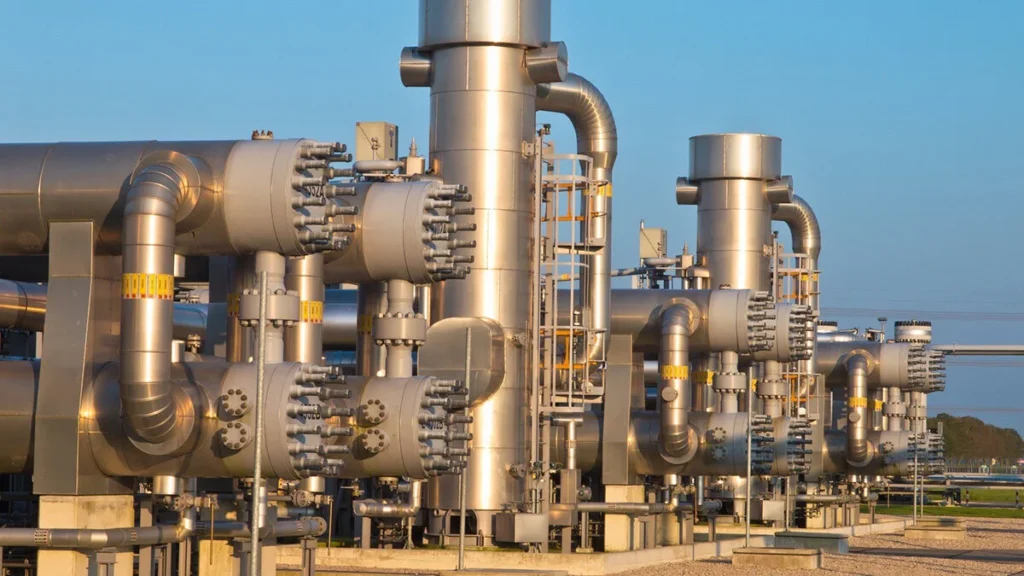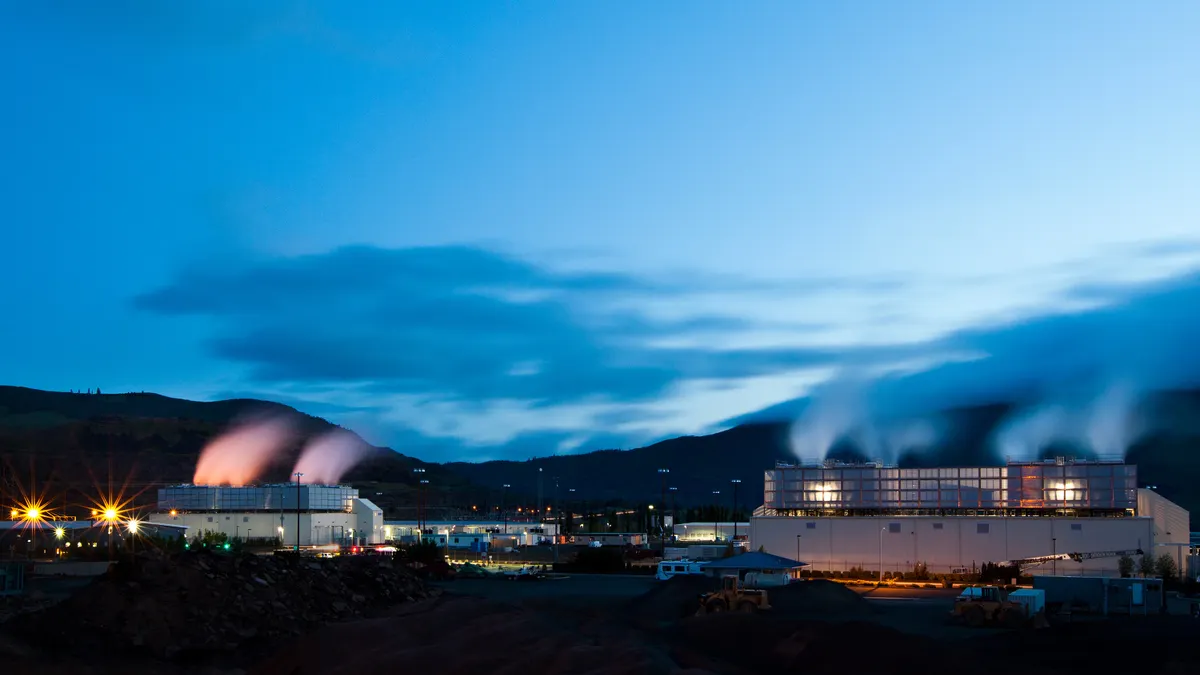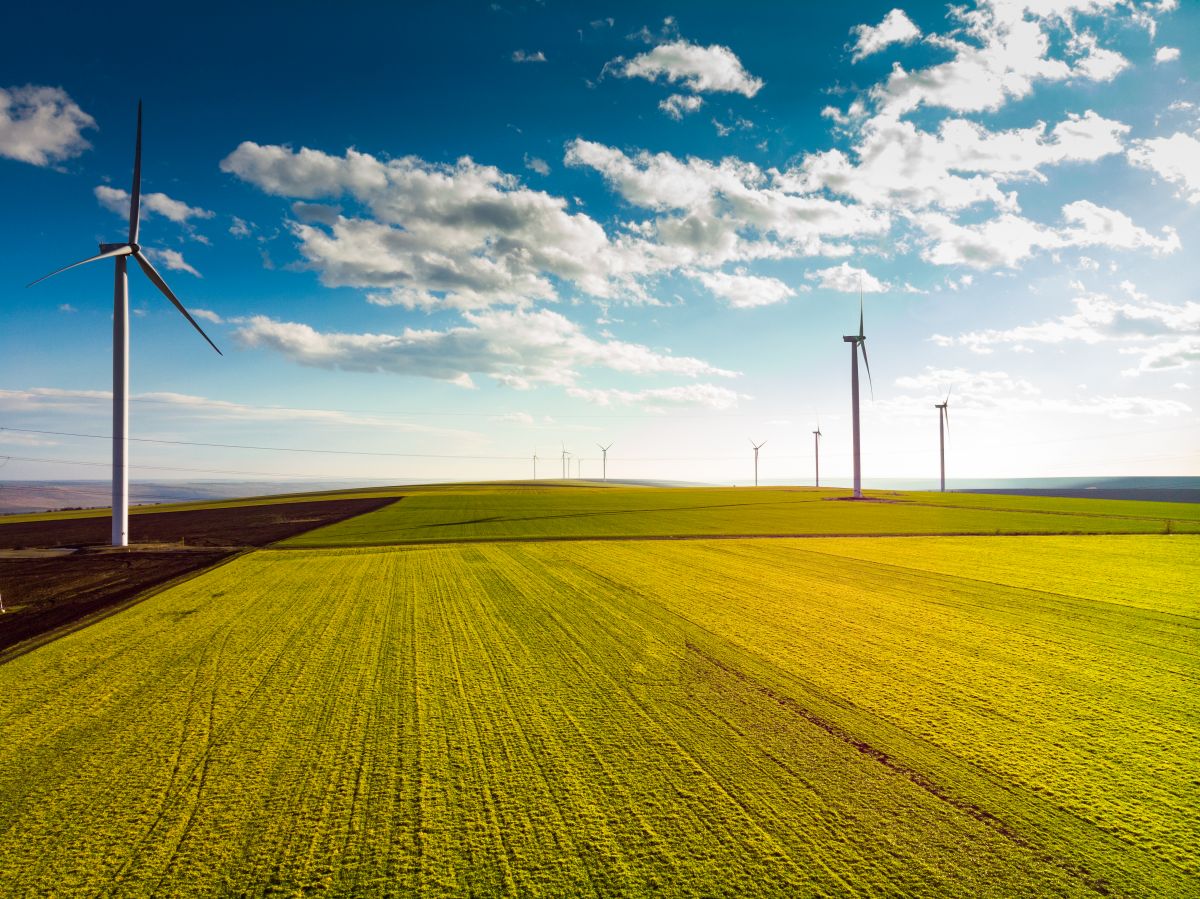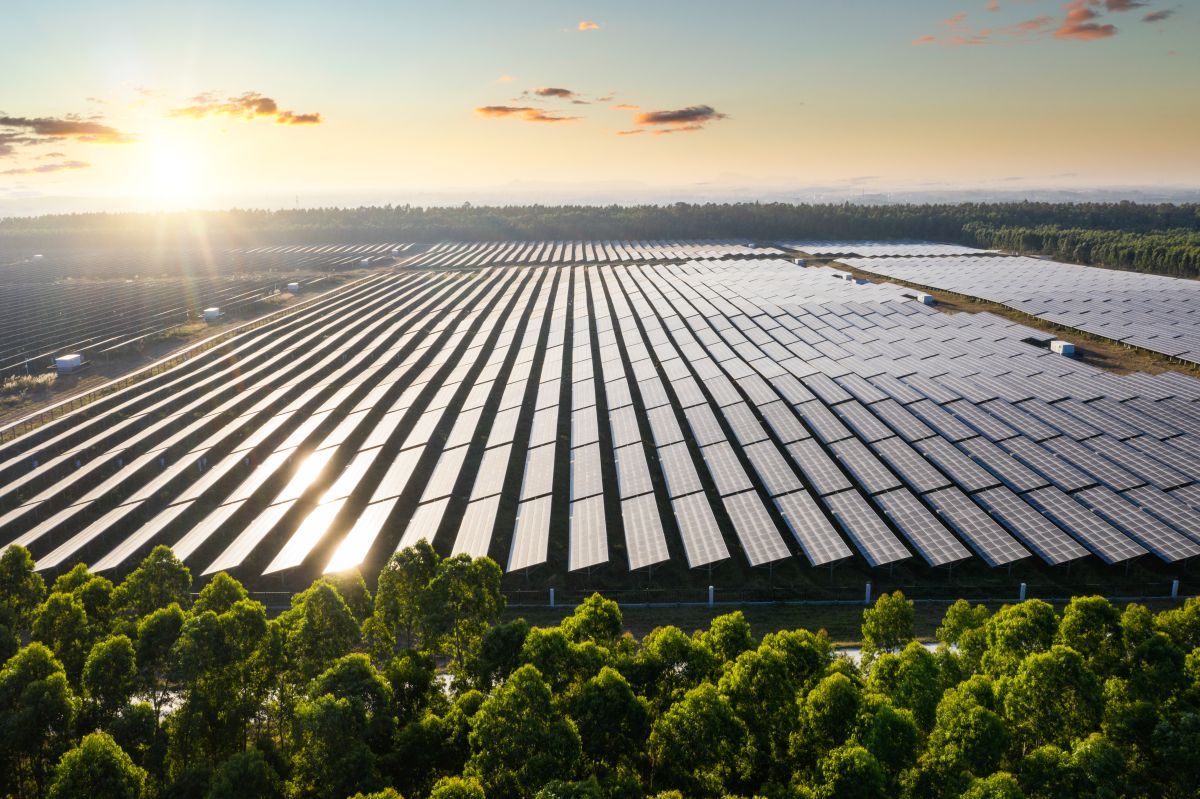WWW.UTILITYDIVE.COM
Extreme temperatures threaten gas plants and electric reliability, particularly in regions where grid operators use simple methods to account for resource contributions, according to UCS.
Dive Brief:
- Gas-fired power plants are not as reliable as grid planners believe and this is a “significant vulnerability” for the electric grid and consumers, the Union of Concerned Scientists said Tuesday in a new issue brief examining thermal generation failures in extreme temperatures.
- Gas plants accounted for 63% of the generating capacity forced offline by severe weather during Winter Storm Elliott in 2022, and 56% of the capacity offline during Winter Storm Uri in 2021 when almost 250 people died in Texas amid rolling blackouts, according to the issue brief, “Calling into Question the Reliability of Gas Power Plants.“
- The report recommends grid operators consider new approaches to accounting for the contributions of thermal resources, and for regulators to make more information available about the cause of generator failures. Some investment in weatherization may be needed, but UCS energy analyst and report co-author Paul Arbaje cautioned against the “vicious cycle” of investment in new gas-fired resources.
Dive Insight:
Despite growth in renewable resources, natural gas still provides about 40% of U.S. electricity generation annually and 43% of its generating capacity, according to UCS.
“The energy system’s overreliance on gas is problematic for many reasons,” said UCS Senior Energy Analyst and report co-author Mark Specht. “Our analysis found that gas plants were disproportionately vulnerable to failure.”
Gas plants accounted for most of the failed capacity in all five recent extreme winter weather events, and they failed “disproportionately in comparison with gas’s percentage of total installed capacity, indicating that they are more susceptible to extreme winter weather than are other resource types.”
During Winter Storm Elliott, 90.5 GW in the Eastern Interconnection failed to run or operated at reduced capacity, the Federal Energy Regulatory Commission and North American Electric Reliability Corp. concluded in a joint report. Gas-fired capacity accounted for 63% of the outages, followed by coal and lignite at 23%, oil at 4%, wind at 4%, and nuclear, solar and hydroelectric at 1% each.
The UCS issue brief looks at gas plant operations in both summer and winter, as well as direct impacts and associated fuel supply issues. Gas plants face most issues in the winter, when equipment freezing can impact valves, water lines, inlet air systems and sensing lines, said UCS. Mechanical and electrical issues can also impact wiring and the mechanical wear of valves, while rubber and silicone seals can become brittle.
Summer temperatures also threaten gas plant reliability, said UCS. High temperatures can reduce “both the efficiency and the maximum generating capacity of gas plants,” according to the paper, while droughts can force plants to reduce output or shut down if they are dependent on water for cooling.
“Extreme weather events have become more frequent and intense putting the U.S. power grid and broader energy system under significant pressure,” Arbaje said. Gas plants are “not up to the task of supplying power when it’s needed most,” he said. And further investment in them “continues the vicious cycle of releasing heat-trapping emissions that exacerbate climate change impacts and in turn strain the electric grid.”
The long-term solution is a transition to renewables while utilizing new regulatory approaches along the way.
Limited information about gas plant failures is made available publicly, UCS said, including from grid operators and regulators like FERC and NERC.
“Making high-quality data on grid reliability available and accessible to policymakers, researchers, and the public would help ensure that the grid is better prepared to withstand the wide array of threats to reliability,” the issue brief said.
“Some amount of weatherization investment may be prudent,” the issue brief said. “Stronger oversight and the establishment of reliability rules for the gas system, which may trigger weatherization investments, will be
necessary to reduce the risks of more Uri-like catastrophes.”
Changes are also needed to how gas resources are accounted for, UCS said. Grid operators currently use “relatively simple methods” of determining resource contributions, largely assuming that plants will be available to generate based around their installed capacity rating or using metrics which account for the probability of forced outages.
“However, neither method accounts for the possibility of widespread, correlated gas plant outages,” according to the issue brief. “More sophisticated” methods of assessing reliability contributions of thermal resources include the use of effective load carrying capability, or ELCC.
“For years, many grid operators have used ELCC to assess the reliability contributions of variable renewable resources such as wind and solar,” UCS said. “When applied to gas plants, ELCC can account for the risk of correlated gas plant outages due to, for example, extreme winter weather that directly affects gas plants or disrupts the gas fuel supply.”










